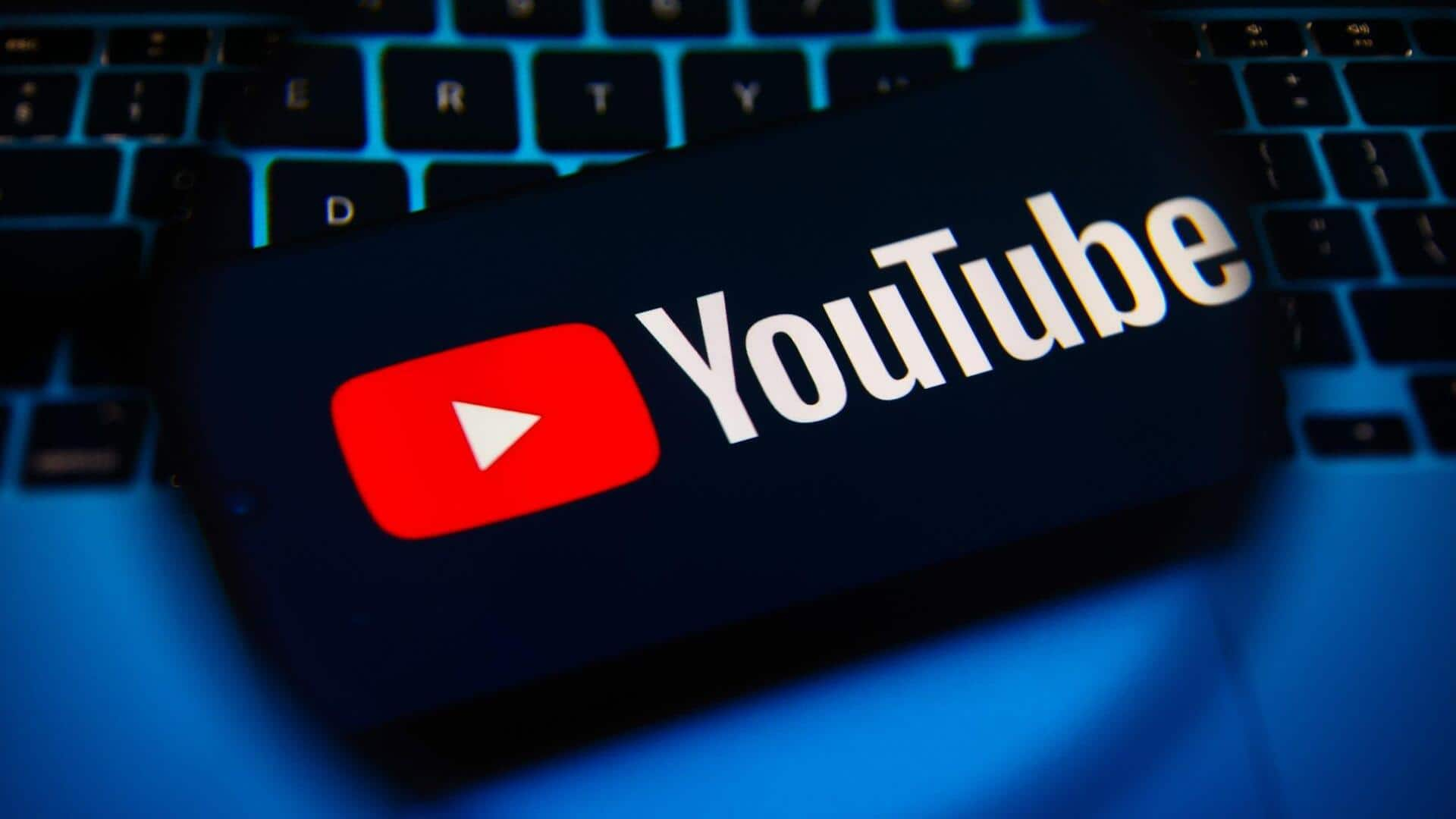
YouTube changing monetization rules this month: How it affects you?
What's the story
YouTube has announced a major change in its monetization policy, effective from July 15. The update is aimed at curbing the revenue of channels that produce low-quality or repetitive content. The video-sharing platform has revised its YouTube Partner Program (YPP) guidelines to better identify such content and prevent it from making money. Let us take a look.
Monetization requirements
Creators must still meet YPP eligibility criteria
The updated policy still requires creators to meet eligibility criteria for the YPP. A channel needs a minimum of 1,000 subscribers and either 4,000 valid public watch hours in the past year or 10 million valid public Shorts views in the last 90 days. This ensures that only channels with a substantial audience can join this program and monetize their content.
Content standards
Guidelines likely to impact AI-generated, clickbait content
YouTube has laid down two specific rules for what it considers unfit for monetization. First, borrowed content must be heavily modified to qualify as original. Second, repetitive content should have a purpose beyond just getting views; it should be entertaining or educational. These guidelines are likely to affect clickbait, templated, and AI-generated content that uses AI voices or reuses other creators' work with little editing.
Ambiguity
What penalties creators could face are still unclear
YouTube has not clarified what penalties creators could face for violating these new rules. There is no mention of fines, bans, or any strikes under the updated guidelines. The company said that this new approach is aimed at aligning its monetization policies with emerging trends and content strategies that it considers inauthentic.